The Federal Communications Commission (FCC) chair, Brendan Carr, threatened to take action against ABC and its parent company, Disney, after late-night show host Jimmy Kimmel made comments about the shooting of right-wing media figure Charlie Kirk on his show. The incident sparked a national debate and protest around freedom of speech and satire, with many questioning whether Kimmel's First Amendment rights were violated.
Carr appeared on a conservative podcast on September 16 and stated that the FCC would look into the matter, suggesting that ABC and Disney could face consequences for Kimmel's remarks. The following day, ABC and Disney suspended Jimmy Kimmel Live! indefinitely, citing a need to "review and consider" the situation. The suspension was met with widespread criticism from celebrities and politicians alike, with many arguing that it was a clear infringement on Kimmel's right to free speech.
The suspension was lifted on September 23, with the show returning to the air after a week-long hiatus. However, the incident has left many in the entertainment industry and beyond questioning the boundaries of free speech and the role of government agencies in regulating it. "The FCC's actions were a clear overreach of their authority," said Wanda Sykes, comedian and actress, in an interview with CNN. "Jimmy Kimmel was simply exercising his right to free speech, and the FCC should not have threatened to take action against him or his network."
The incident is part of a larger trend of government agencies and politicians seeking to regulate free speech in the United States. In recent years, there have been numerous attempts to restrict or limit the speech of individuals and organizations deemed to be "hate speech" or "incendiary." The FCC's actions in this case have raised concerns about the potential for government agencies to use their power to silence dissenting voices and stifle free expression.
The debate over free speech and satire is not new, but it has taken on new urgency in recent years as social media and other digital platforms have become increasingly influential in shaping public discourse. "Satire is a powerful tool for social commentary, and it's essential that we protect the right of comedians and writers to use it to critique our society," said Sen. Ted Cruz, R-Texas, in a statement on the Senate floor. "The FCC's actions in this case were a clear threat to that right, and I'm glad that the show has been allowed to return to the air."
As the debate over free speech and satire continues, many are left wondering what the implications will be for society. "The FCC's actions have sent a chilling message to comedians and writers everywhere," said First Amendment lawyer, Floyd Abrams, in an interview with The New York Times. "If the government can silence Jimmy Kimmel, what's to stop them from silencing anyone else who speaks out against the status quo?"
The FCC has not commented on the specifics of the case, but a spokesperson for the agency stated that they would continue to monitor the situation and take action as necessary to protect the public interest. As the debate over free speech and satire continues to unfold, one thing is clear: the boundaries of free expression in the United States are more complex and contested than ever before.
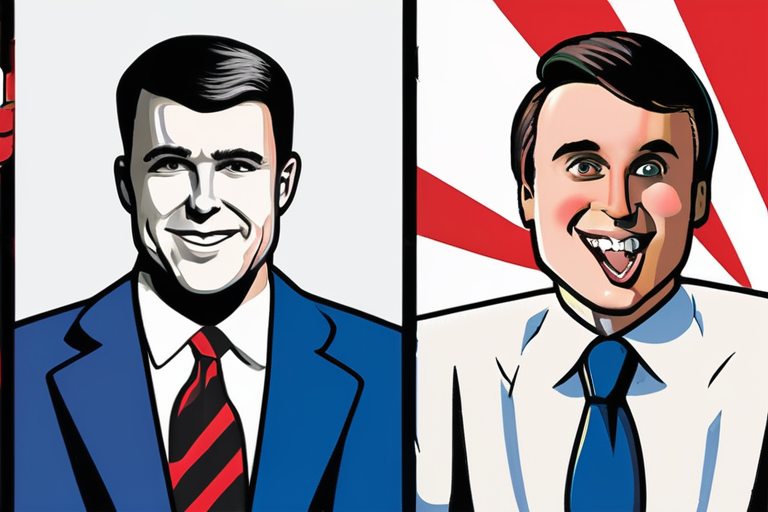


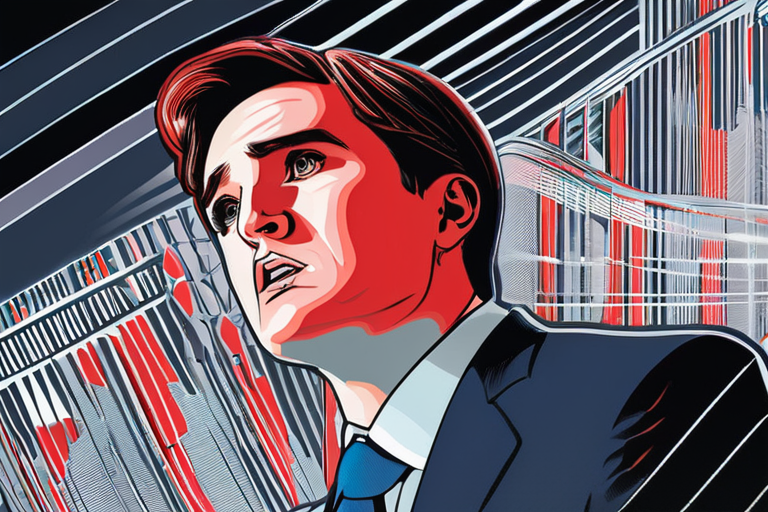
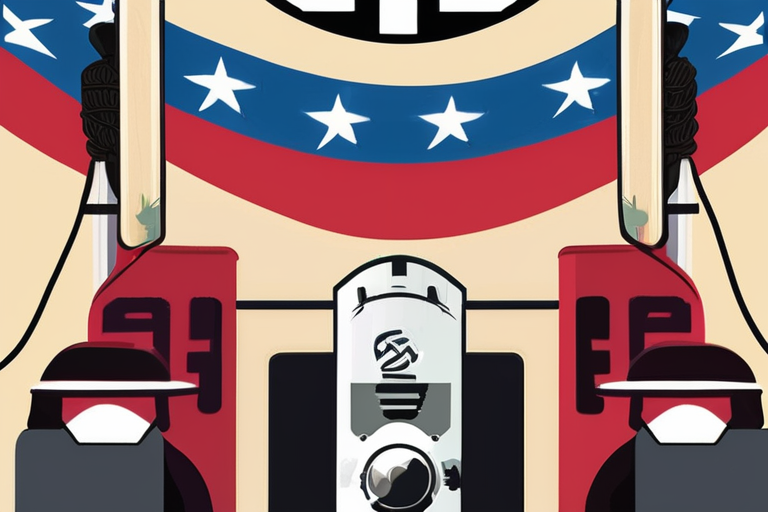
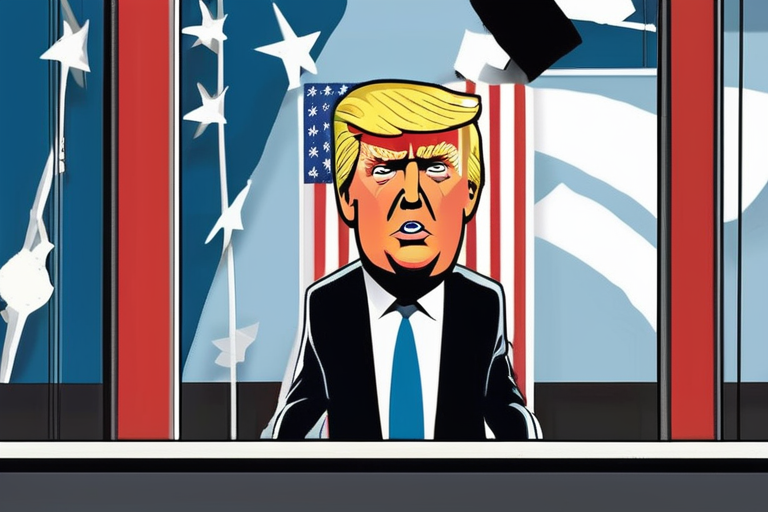
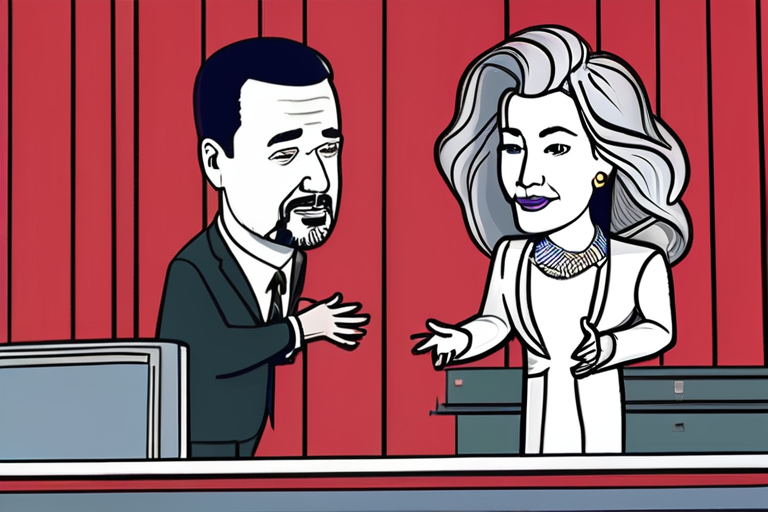
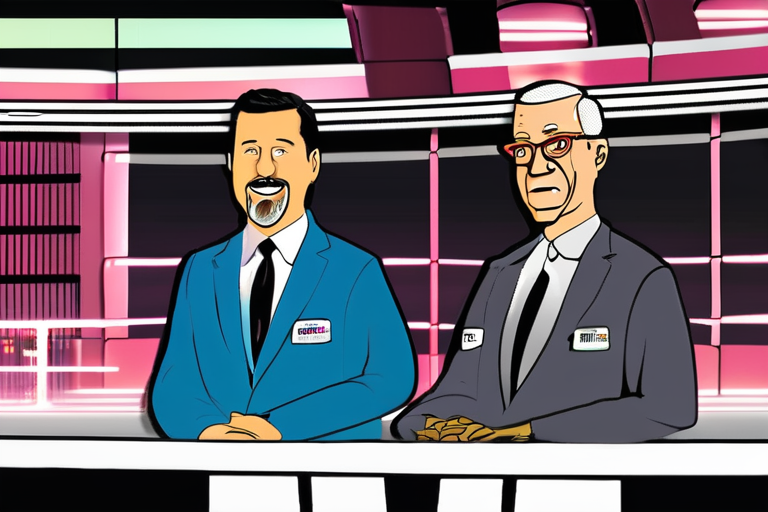
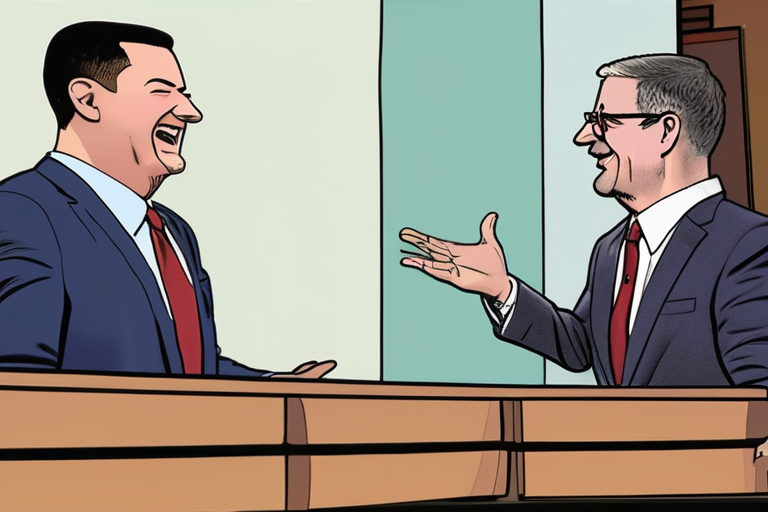
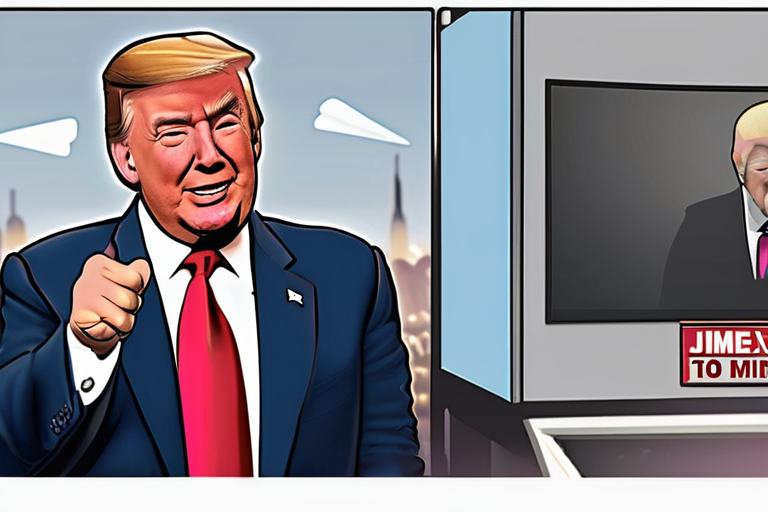
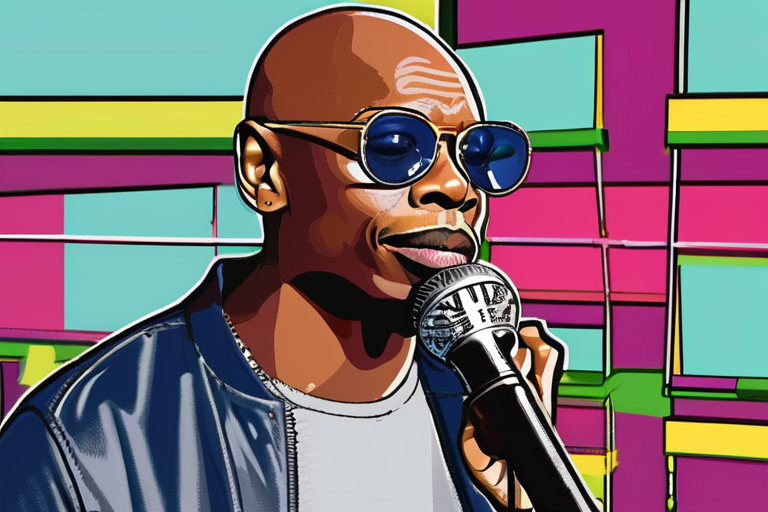
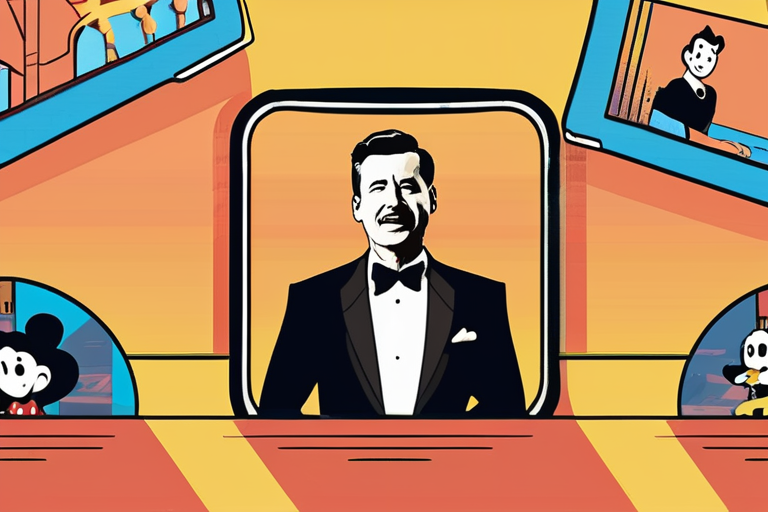

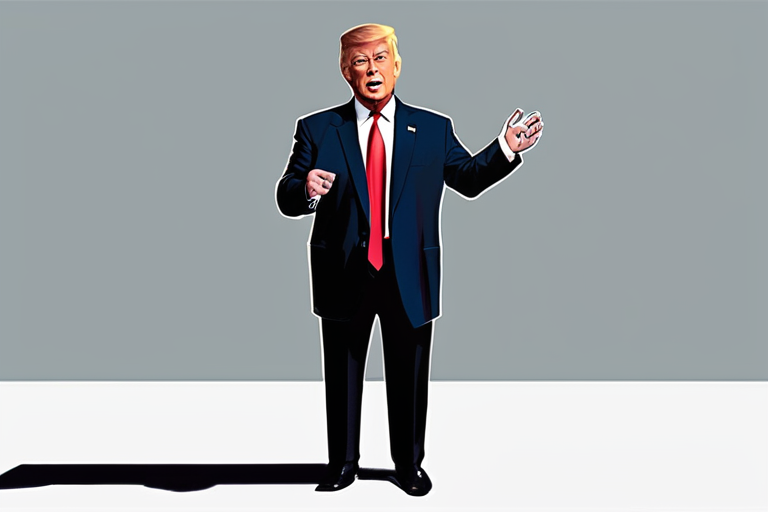
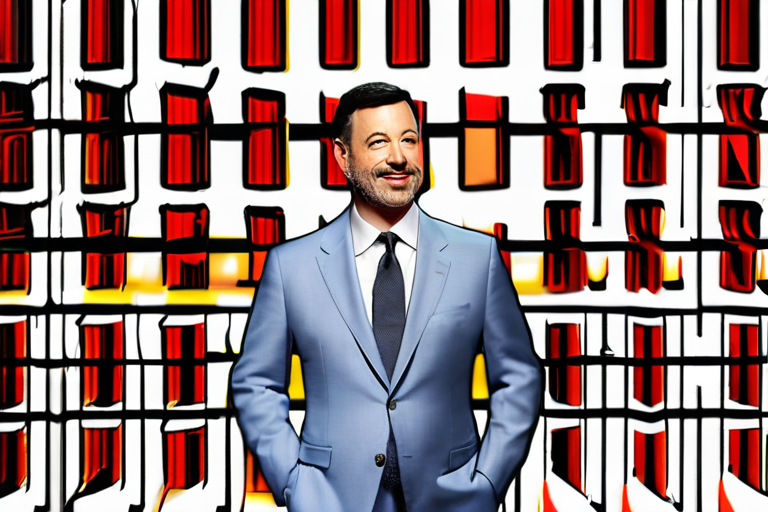
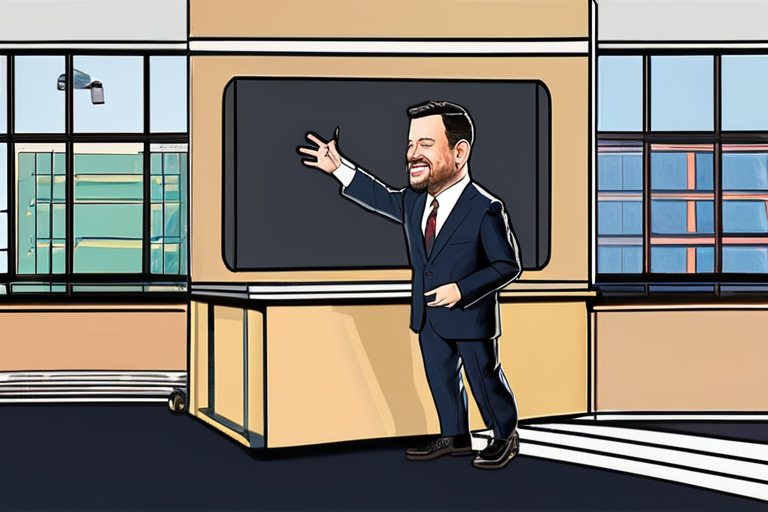
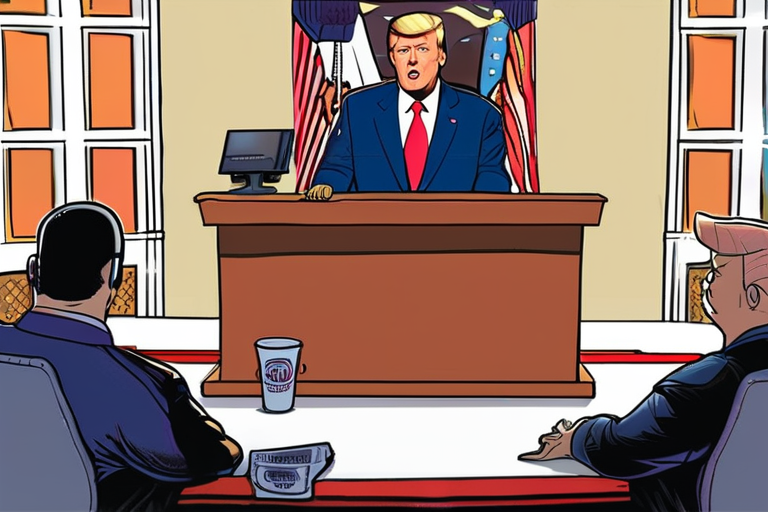
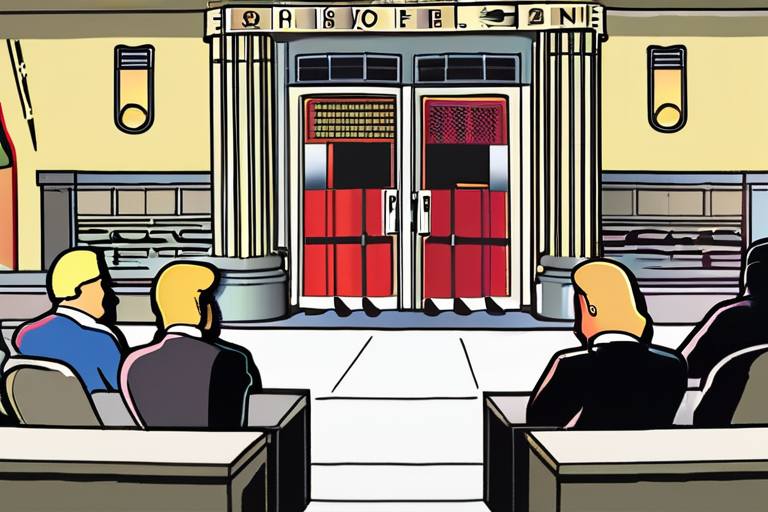
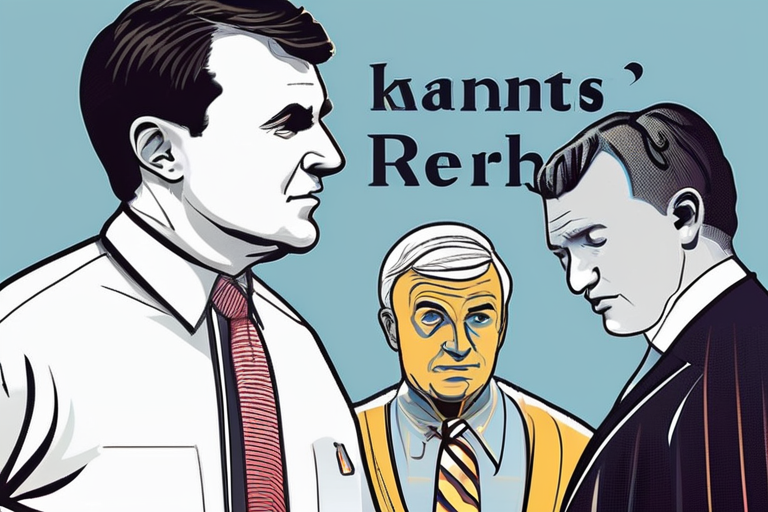

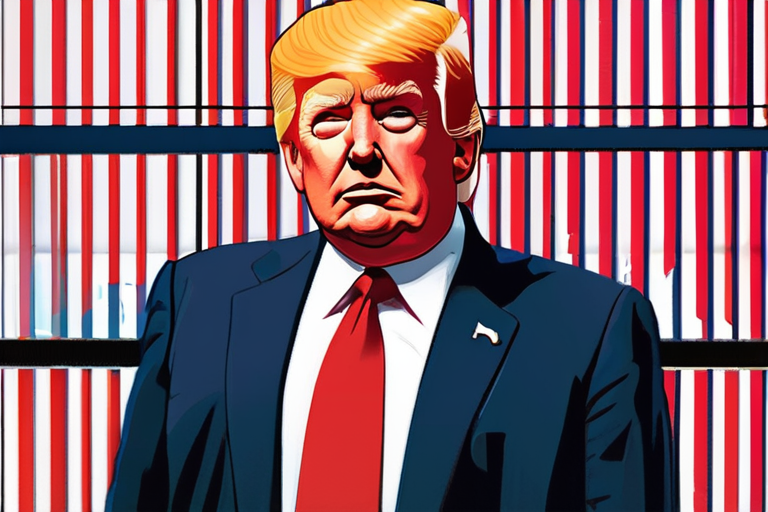
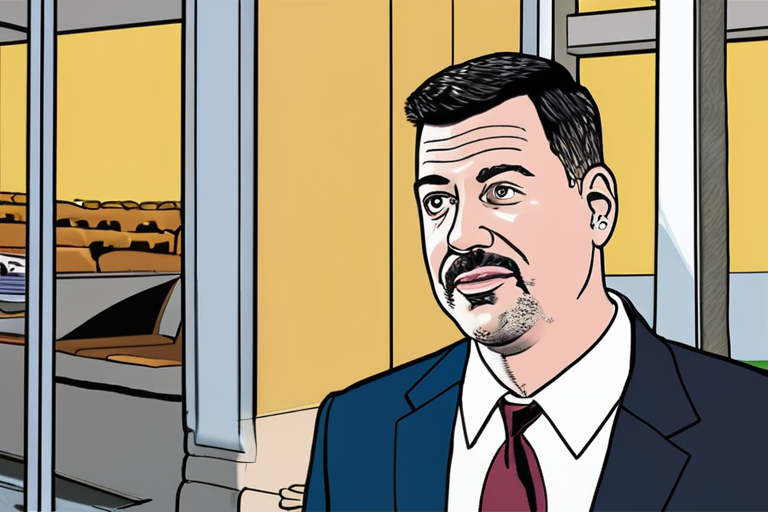
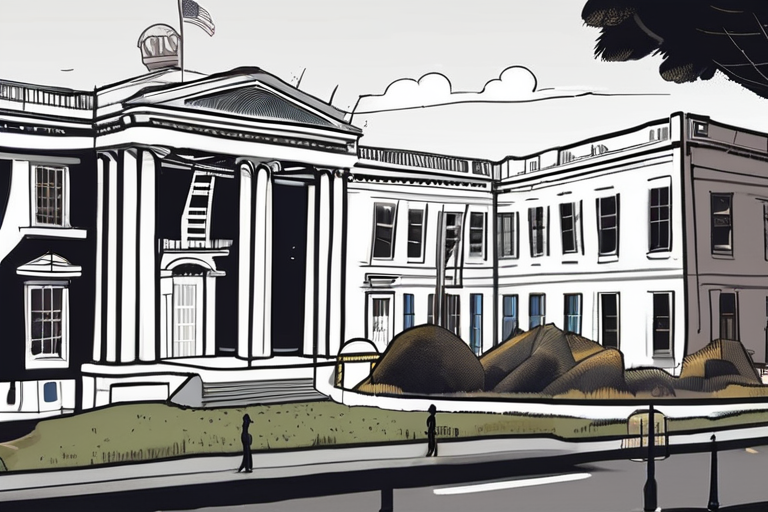
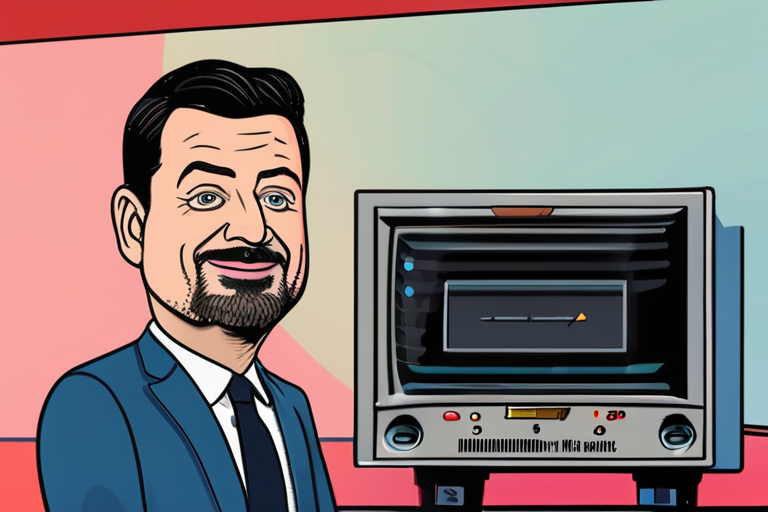
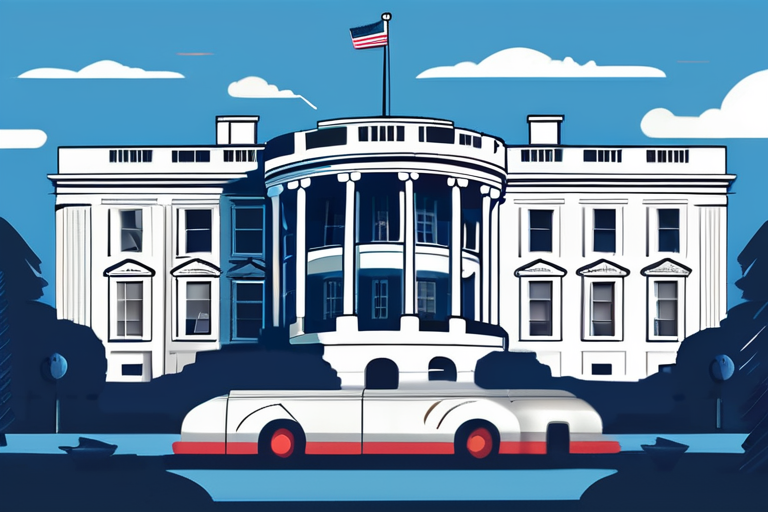
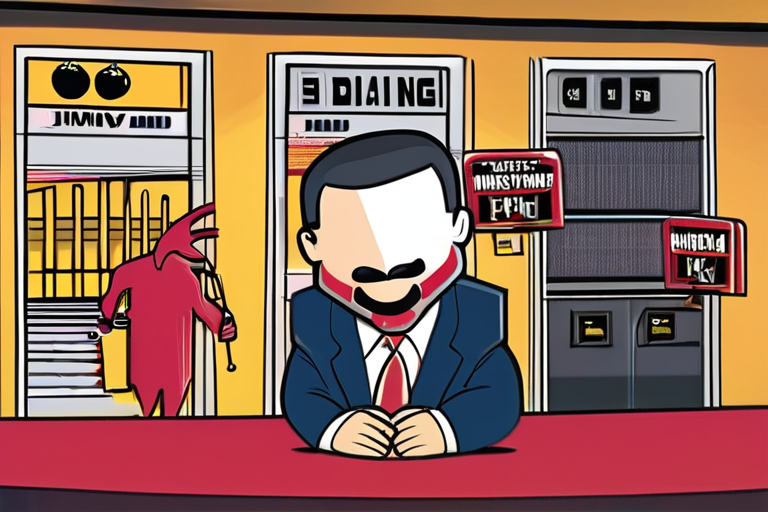
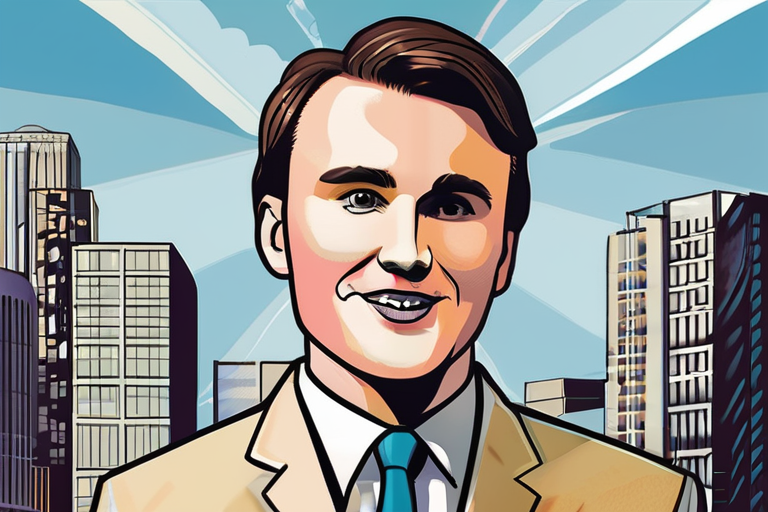
Share & Engage Share
Share this article